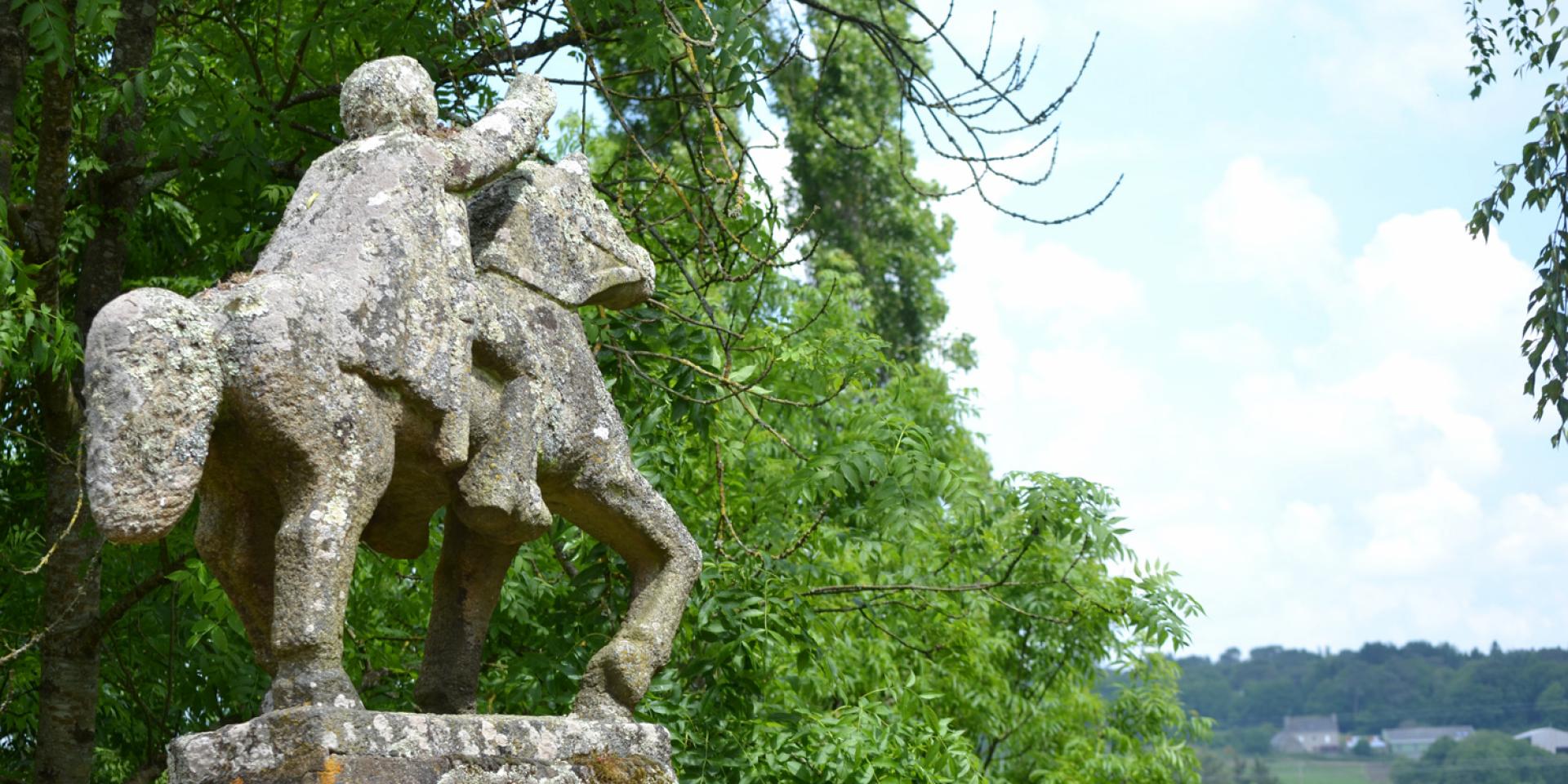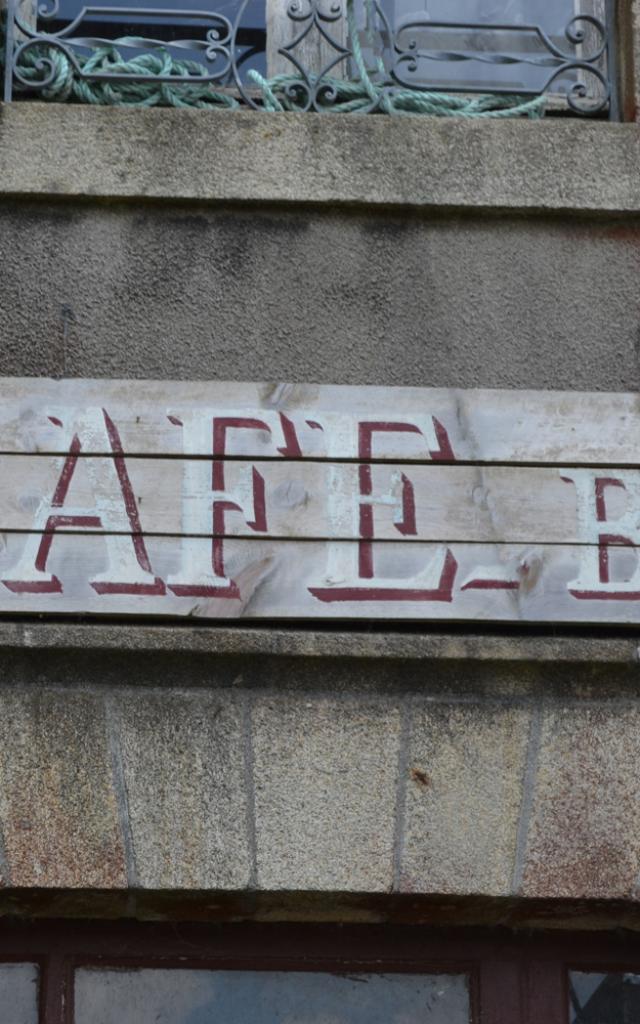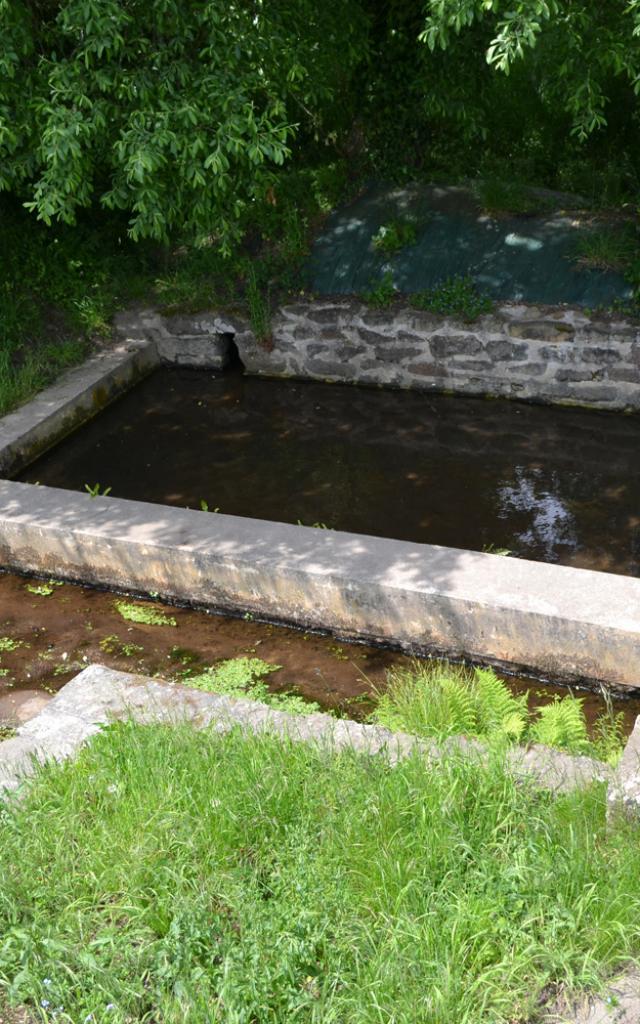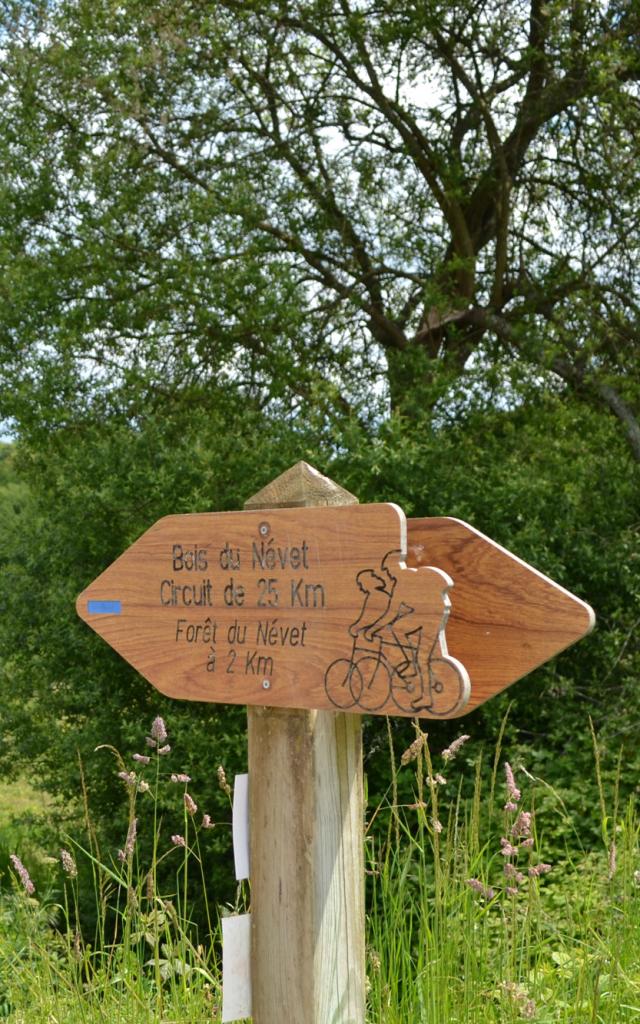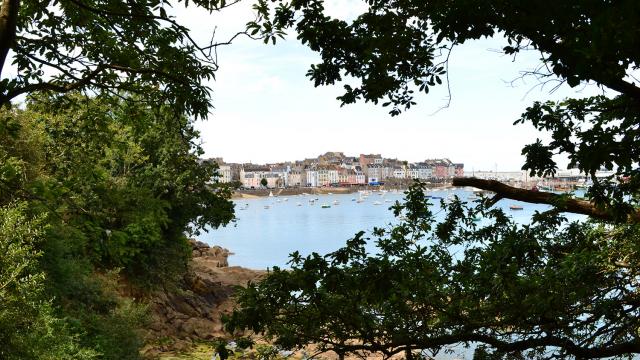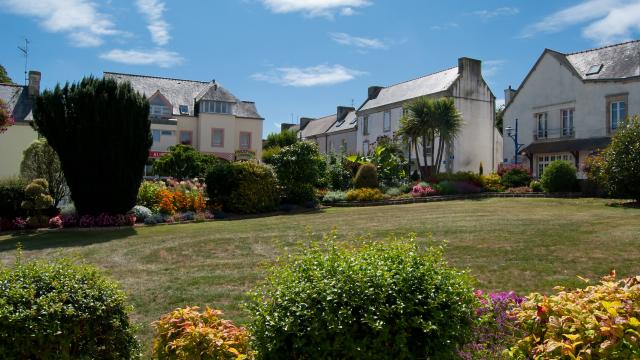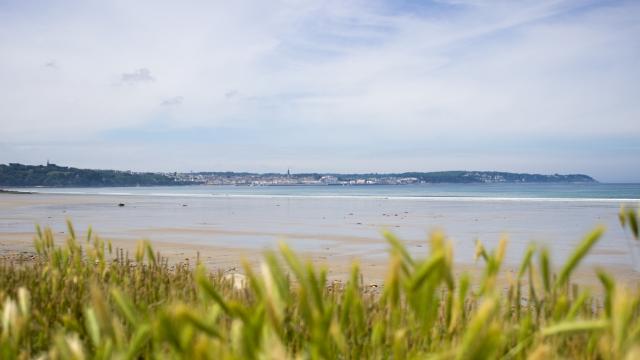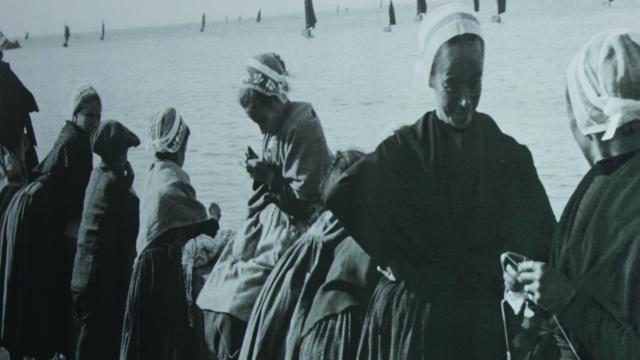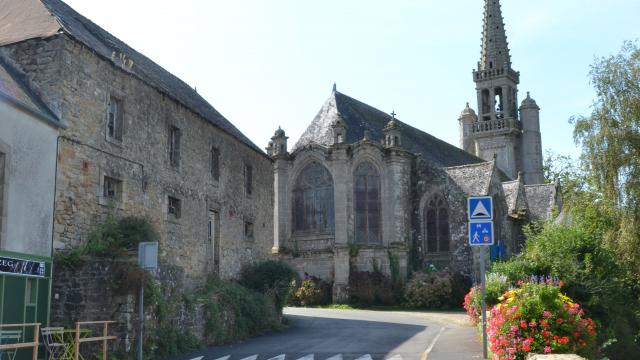 Le Juch
Le JuchThe first mention of this village appeared in 1254, ‘Jugum’ in Latin, which became ‘Le Gug’ in 1292, ‘Jugum’ in 1325 and 1379, ‘Le Jucq’ in 1453, and ‘Juch’ in 1565.
Its name comes from Breton, the original language of Brittany, ‘Ar Yeuh’, a variation of the word ‘Hoh’, which meant a mound or a heap.
Even further back, this word came from the Celtic word ‘iukko’.
Throughout the centuries, this was mixed up with an old French word that sounded similar: ‘juc’, which meant a chicken coop or perch. This is why the name of the village in the 1400s is noted as ‘Jucq’.
